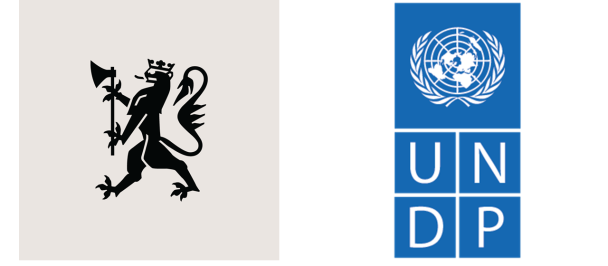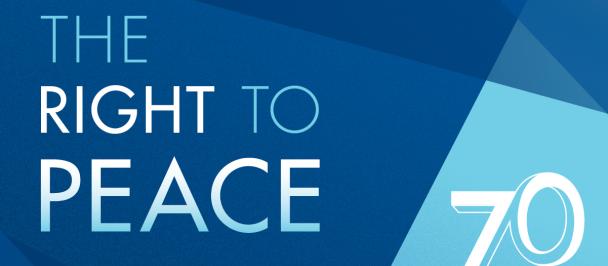The Judicial Service Commission in partnership with Deaf Women Included, the United Nations Development Programme (UNDP) and the United Nations Partnership on the Rights of Persons with Disabilities Project (UNPRPD) have partnered to produce the first Sign Language Manual for Zimbabwe’s justice system. This manual was reviewed at a recent validation workshop attended by representatives from the magistracy, police services, prison services, victim friendly support services, Bar Association and government ministries and departments. Stakeholders present at the meeting endorsed the manual as a tool to support justice sector actors in providing more inclusive justice services.
According to the World Federation of the Deaf there are approximately 72 million deaf people worldwide with more than 80% of them living in developing countries. In Zimbabwe, evidence from the Living Conditions among Persons with Disability Survey (2013) shows that the hearing impaired constitute 12% of the population of persons with disabilities. Available statistics also reveal that Zimbabwe has about quarter a million (250 000) persons with hearing impairments.
This statistics clearly demonstrate that Deaf people continue to face significant barriers in accessing services including those offered under the justice system. Challenges currently being faced in justice include delays caused by the absence of sign language interpretation services, underqualified interpreters in signing and costs for obtaining interpretation services. These issues have seen Deaf people being misrepresented, misunderstood, misquoted and justice not being served.
In her remarks, Ms Muvingi, Head of the UNDP Governance and Peace Building Unit highlighted the importance of the manual stating that ‘it would “provide practical and feasible guidelines to ensure the courts are Deaf-aware and sign language inclusive”, and this would “reduce gaps associated with failed communication in the delivery of justice to persons who are Deaf in Zimbabwe”.
Key legislative policy frameworks, among them the Constitution of Zimbabwe which recognises Sign Language as one the 16 official languages and the newly adopted National Disability Policy 2021 indicate that the use of Zimbabwean Sign Language must be recognised and promoted in the justice system. This has been reiterated by Mr Chikwana from the Judicial Services Commission, ‘The manual is guided by the human rights approach to disability and respect for ethical standards of sign language interpreting will help officers of the court develop a shared vision and understanding of sign language interpretation and Deafness in general.’
The Sign Language Manual will be a reference and resource that is expected guide the provision of standardised interpretation and other justice services to persons who are Deaf. In doing this, Zimbabwe is taking useful milestones towards implementing the provisions of the United Nations Convention on the Rights of Persons with Disabilities which it has ratified. Following the workshop, the manual will be used to train over 200 JSC officials and sign language interpreters from the 60 stations across the country.

 Locations
Locations


